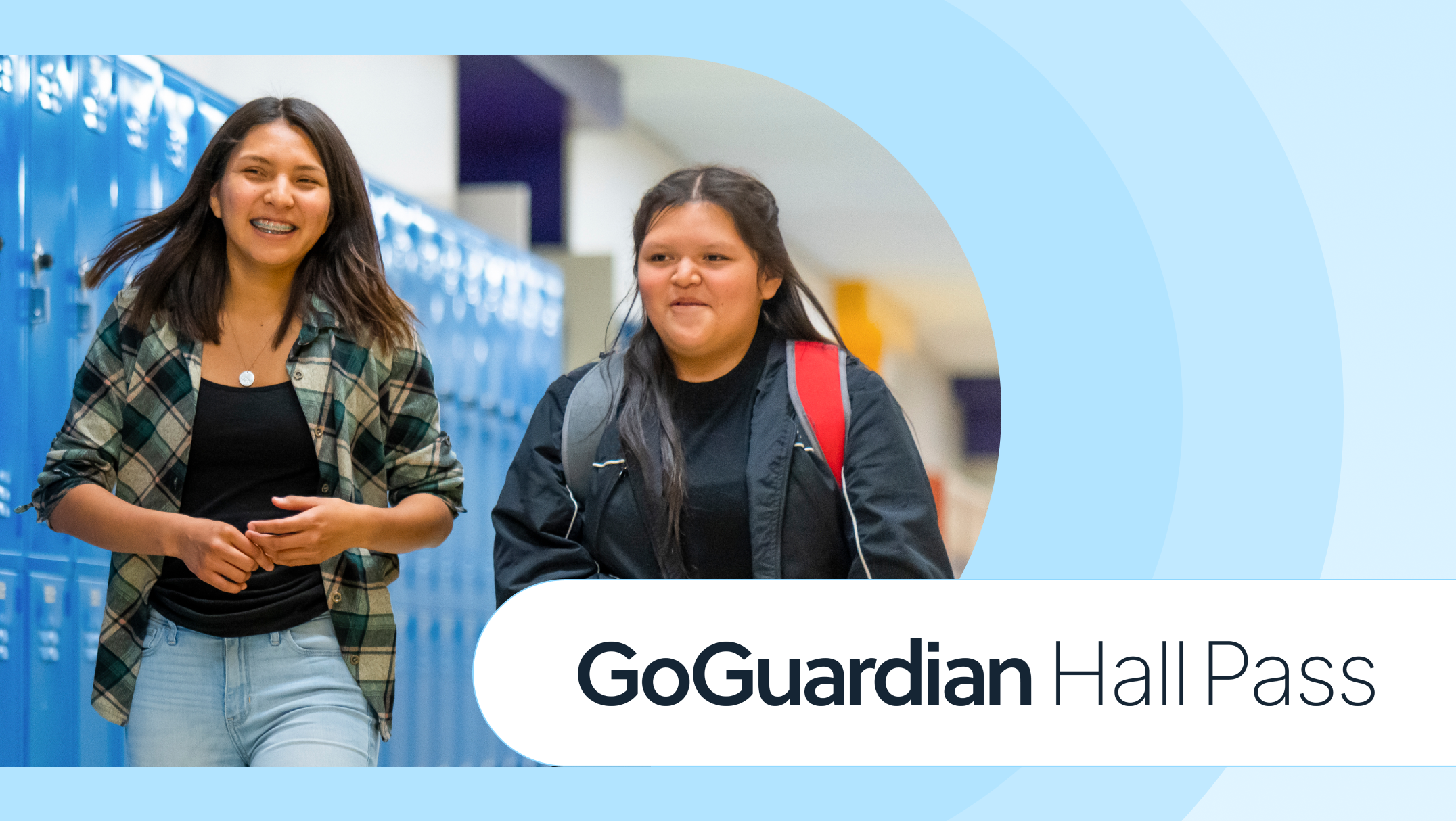GoGuardian Blog

This is some text inside of a div block.
December 15, 2025
3 min read
Better Digital Hall Pass Policies Start with Better Data
Discover how digital hall pass solutions can close the data gap, improve rule enforcement, and support students with insights and analytics.
GoGuardian